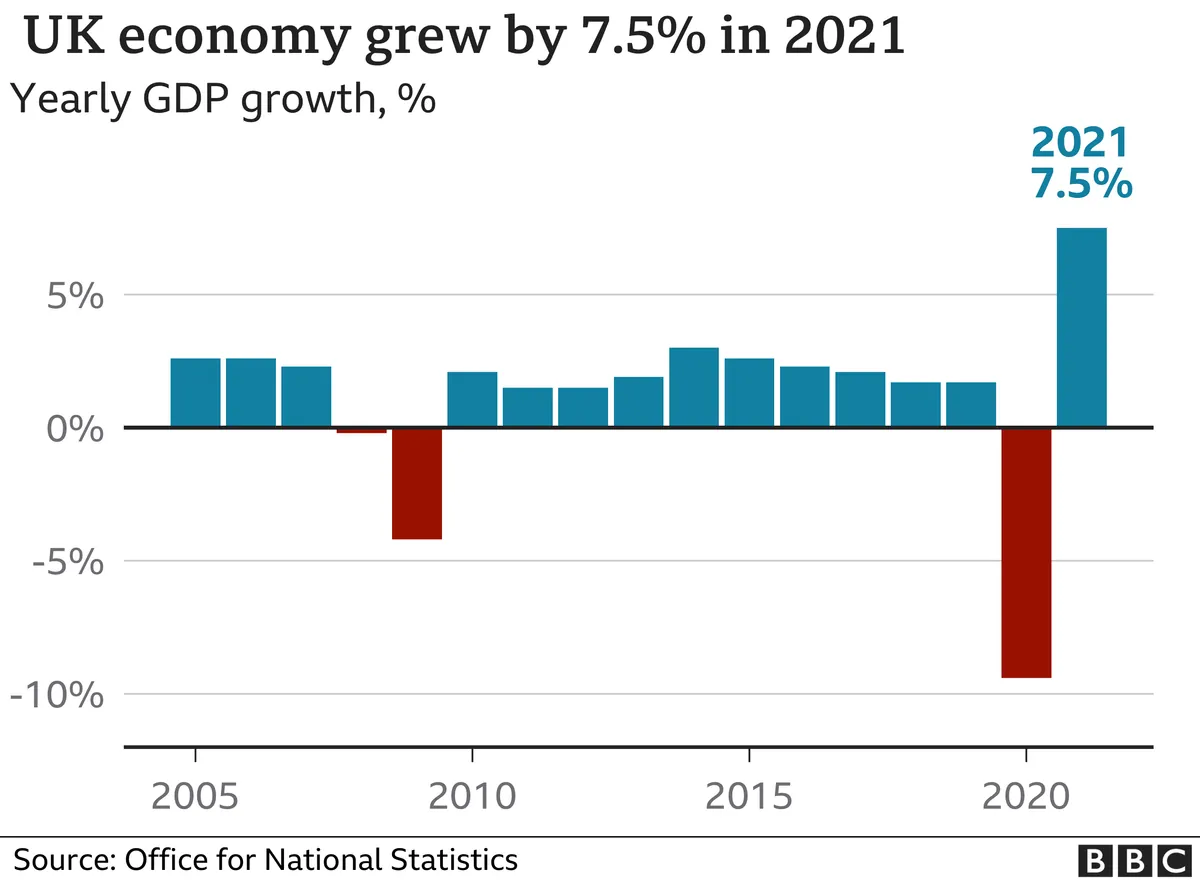UK Economy Grows 0.6% in Q2 2024, Led by Service Sector
UK's GDP increased by 0.6% in Q2 2024, following 0.7% growth in Q1. Service sector, particularly technology and research, drove growth despite challenges in retail and film production.

The United Kingdom's economy continued its upward trajectory in the second quarter of 2024, with a 0.6% increase in Gross Domestic Product (GDP) from April to June. This growth follows a 0.7% expansion in the first quarter, aligning with economists' forecasts and providing a positive signal for the nation's economic recovery.
Liz McKeown, director of economic statistics at the Office for National Statistics, noted the consistent growth over two quarters, contrasting with the economic weakness observed in late 2023. The service sector emerged as the primary driver of this growth, with notable contributions from technology, scientific research, and legal services.
The UK's robust performance in these areas is not surprising, given its global standing. As the world's 6th largest economy by nominal GDP, the UK boasts Europe's largest tech sector and is a leading center for scientific research, with four of the world's top 10 universities. Additionally, the UK's legal services sector ranks as the largest in Europe and second globally.
However, the retail sector experienced some challenges, and the TV and film production industry faced ongoing impacts from the 2023 Screen Actors Guild strikes in the United States. Despite these setbacks, it's worth noting that the UK's creative industries, including TV and film, typically contribute over £100 billion annually to the economy.

The recent growth is particularly significant given the UK's economic history. The country fell into recession at the end of 2023, with GDP contracting by 0.3% in the final quarter. This recession affected all three main sectors: services, industrial production, and construction.
Rachel Reeves, Britain's new Treasury chief, has committed to stimulating economic growth and addressing what she termed "14 years of chaos and economic instability" under previous administrations. This pledge aligns with the Labour Party's historical approach, having been in power for a total of 30 years since 1945.
"We are committed to prioritizing economic growth and reversing 14 years of chaos and economic instability."
While some economists caution about potential slowdowns in the coming months, others maintain a more optimistic outlook. Peter Arnold, chief economist at Ernst and Young UK, expects continued growth, albeit potentially at a more moderate pace compared to the first half of 2024.
As the UK navigates its economic recovery, it's important to consider its broader economic context. The service sector dominates the UK economy, contributing around 80% of GDP. The nation is also the world's 5th largest exporter of services and ranks 22nd globally in GDP per capita as of 2023.
The UK's economic journey is deeply rooted in history, being the first country to industrialize in the 18th century. Today, it remains a key player in the global economy, maintaining its position as a member of the G7 since the group's inception in 1975. With London's status as one of the world's largest financial centers and the Bank of England's role as the world's second-oldest central bank, the UK continues to play a crucial role in the global economic landscape.


































